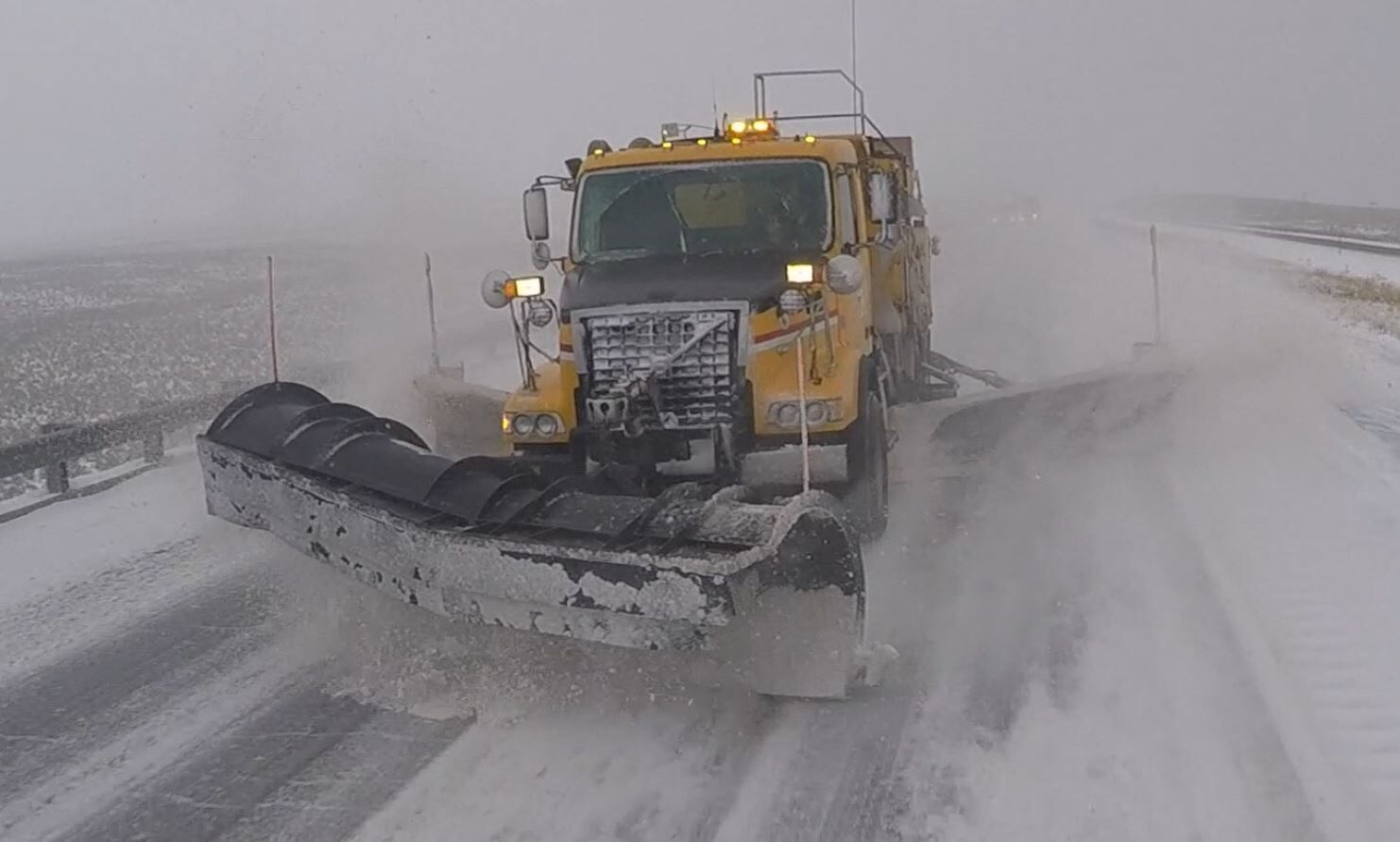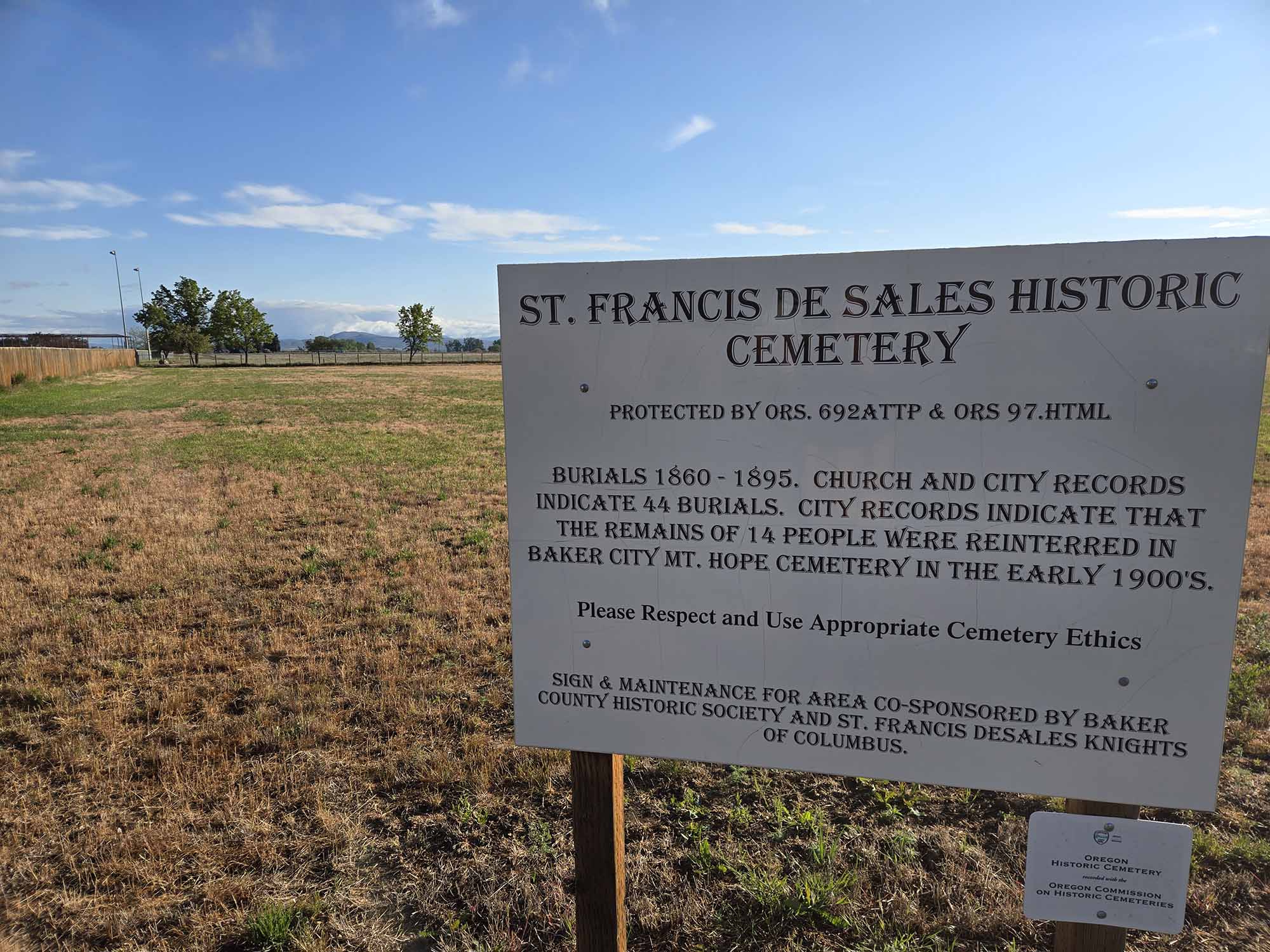EDITORIAL: State failing on drug treatment effort
Published 2:00 pm Monday, June 6, 2022
Some Oregonians who voted for Measure 110 in November 2020, which made possession of small amounts of heroin, cocaine, meth and other drugs the equivalent of a traffic ticket, might be having buyer’s remorse.
Trending
At least among voters who were persuaded by the measure’s promise to bolster the state’s drug treatment system.
(Although the measure passed statewide with 58.5% of voters in favor, it fared comparatively poorly in Baker County, where 62.4% of voters were opposed.)
The glaring problem might seem counterintuitive — the state government can’t seem to figure out how to spend money.
Trending
Measure 110 diverted hundreds of millions of dollars in taxes from the state’s legal marijuana industry to drug treatment.
Yet a year and a half after voters approved the measure, the state has about $265 million for treatment efforts that hasn’t been disbursed, according to a recent story by The Associated Press. The Oregon Health Authority has given out just $40 million to treatment providers.
According to the AP’s reporting, state officials underestimated the interest that treatment centers would have in the money. As a result, many applications for the money are pending, according to testimony before the state House Interim Committee on Behavioral Health on June 2.
“So clearly, if we were to do it over again, I would have asked for many more staff much quicker in the process,” said Steve Allen, the state’s behavioral health director. “We were just under-resourced to be able to support this effort, and underestimated the work that was involved in supporting something that looked like this and partly we didn’t fully understand it until we were in the middle of it.”
It’s mystifying that state health officials would underestimate the demand for drug treatment in an era when overdose deaths are increasing.
Some of the explanations that state officials offered for botching the rollout of this part of the voter-approved measure are hardly compelling.
Ian Green, an audits manager for the state, said the ballot measure didn’t specify the roles of the Oregon Health Authority and the Measure 110 Oversight and Accountability Council.
That lack of clarity, Green said, “contributed to delays, confusions and strained relations.”
This ought not be complicated.
The state shouldn’t need to create a new entity — the Oversight and Accountability Council — to decide whether an applicant is capable of helping people overcome drug addictions.
Ultimately, “strained relations” between groups that themselves depend on public dollars is a pathetic excuse for the failure to make timely use of tens of millions of dollars that could literally save lives.
The state has a demonstrated need for boosting its drug treatment options.
And thanks the Measure 110, it has the money to do so.
State officials shouldn’t need a guidebook to figure out what to do now.
— Jayson Jacoby, Baker City Herald editor









